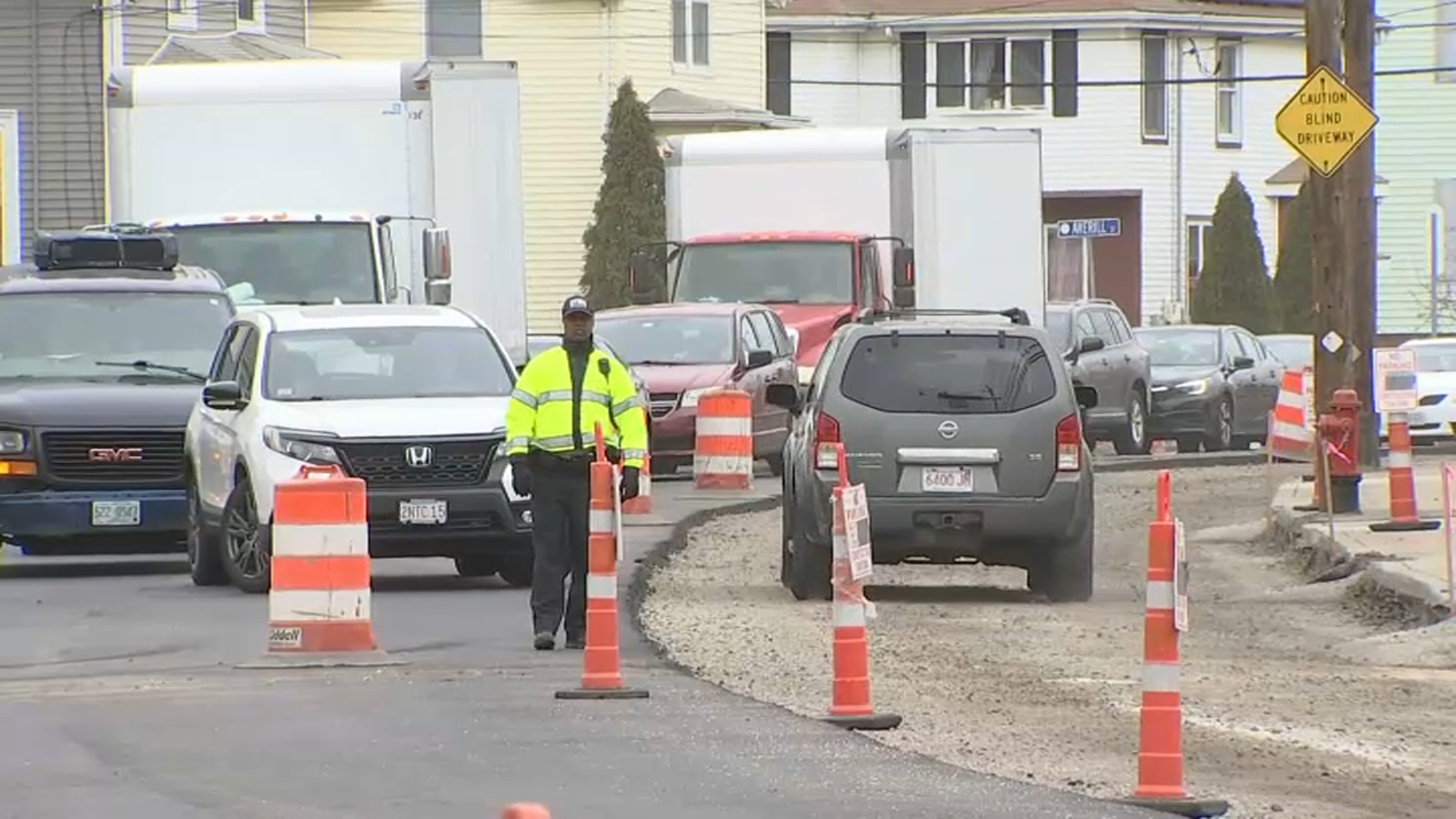Massachusetts voters decided to say no to The Patient Safety Act, Question 1 which garnered the most attention among the three questions leading up to this election day.
"This incredible system of care provides hope. That striving to improve is why we won, why just about everyone, including voters, recognized that no on 1 was best," Steve Walsh, president of Mass Health and Hospital Association said."This is also the beginning of a conversation. Question 1 forced necessary conversations about the future of Massachusetts healthcare."
With 70 percent of voters rejecting Question 1 in early returns, the supporters of the Patient Safety Act, said the measure had fallen short.
"Tonight, I say a deep and heartfelt thank you to everyone who voted yes today," Donna Kelly-Williams, president of the Massachusetts Nurses Association said."Tomorrow is a new day, and we’ll awaken, ready to continue the fight for our patients."
The ballot question would have established nurse-to-patient ratios in various hospital units and set penalties for hospitals that failed to comply.The Massachusetts Nurses Association supported the question, while hospitals and doctors' groups opposed it.
The two sides combined had spent more than $30 million to make their case to voters. Supporters said the nurse staffing requirements would make patients safer, but opponents said it would create an overly rigid system that could result in hospitals being forced to turn away some patients.
California is the only other U.S. state with mandated nurse-to-patient ratios.
Voters said yes on Question 3 and supported a state law that protects transgender people from discrimination in public accommodations, including bathrooms and locker rooms.
The yes vote on the ballot question Tuesday rejects an effort by opponents to repeal the 2-year-old law. It was the first statewide referendum in the U.S. on transgender rights.
Supporters of the law feared a vote to repeal would prompt a wave of similar efforts to roll back protections in other states. Massachusetts was the first to legalize gay marriage and is viewed as one of the most LGBT-friendly states.
Critics say the 2016 law allows sexual predators to invade private spaces for women by claiming female gender identity. No such incidents have been reported in Massachusetts since the measure took effect.
In Question 2, Massachusetts voters decided to back a commission to promote a constitutional amendment on corporate political spending.
The proposition suggests creating a citizens commission to limit the influence of money in politics. It calls for 15 unpaid residents to report on money in politics. Those interested in joining the commission will have to apply and Massachusetts will need to post the application online within 30 days of the law taking place. The law will take effect on Jan. 1, 2019.
Massachusetts
The latest news from around the state
The "yes" vote will support the creation of the citizen's commission and will establish that corporations do not have the same rights as people.
More information on Massachusetts' midterm election questions can be found here.
For a comprehensive guide on voting in Massachusetts, click here.



